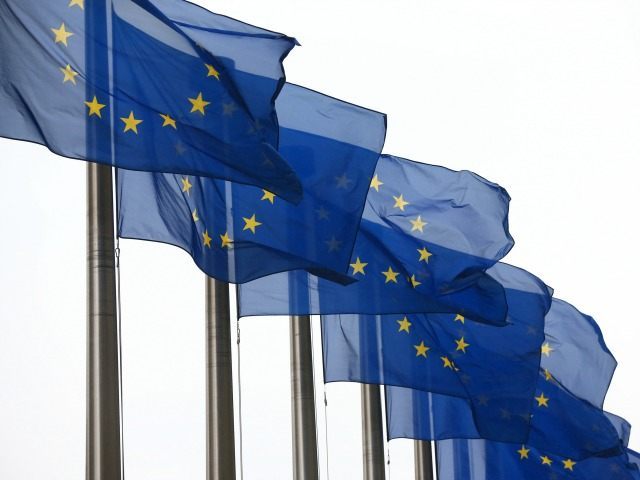The European Union (EU) is “an example of what could become a supranational state,” according to the Pontifical Academy of Social Sciences in the lead-up to a major conference against nationalism.
In its full-court press for globalism and international migration, the Vatican insists on describing nationalism in exclusively negative terms, opening its “Concept Note” for its May 1-3 conference by saying that the world “is facing today a growing threat of nationalist revival,” which “leads to mutual rejection and enduring conflicts.”
The Pontifical Academy has apparently decided ahead of its conference that nationalism will be treated as the enemy, rather than looking at both sides of the issue and the root causes of growing interest in national sovereignty. Facile recourse to accusations of xenophobia and racism is always easier than honest debate.
“Some political leaders use [sic] to play with the national feeling of their people and build a hostile image of the other,” the text reads. “This very common tendency continues to cause conflicts among nations.”
“We witness a worrying tendency of nations or nation states to close themselves, insisting on their supposed interests,” it states. “Globalization and migrations inspire the fear that nations could lose their cultural identity and their political independence.”
In its discussions, the Pontifical Academy would benefit from an open debate of these very real concerns. Is it not possible that renewed nationalism in Europe is the fruit of a heavy-handed approach by Brussels that actually has threatened the cultural identity and political independence of EU member states?
“In the present stage of its development, humanity disposes of all possible technical means to organize itself in a cooperative and peaceful way,” the text declares, in thinly veiled code for a shift toward supranational governance. “Yet the minds are still shaped by stereotypes of exclusion of the ‘other.’”
“Challenges like ecology, particularly climate change, human trafficking, energy, defence, regulation of the globalized economy cannot be dealt with by competing sovereign national states alone,” the document reads. “The European Union is an example of what could become a supranational state with precise and limited sovereignty in matters of European common good.”
Our conference wants to understand in detail “why in the last years there has been a backlash against internationalism and a resurgence of nationalism,” the text states.
A good place to start would be a realistic look at the damage done by mass migration, concerns over the EU’s political overreach, and the attempted imposition of anti-Christian globalist groupthink by the United Nations.
The core Catholic social principle of subsidiarity, which limits the interference of higher levels of social organization in favor of local self-government, would be especially helpful in these discussions.
As Pope Pius XI famously wrote, it is “a grave evil and disturbance of right order to assign to a greater and higher association what lesser and subordinate organizations can do.”
This goes for nation-states as well.
Follow Thomas D. Williams on Twitter Follow @tdwilliamsrome.

COMMENTS
Please let us know if you're having issues with commenting.